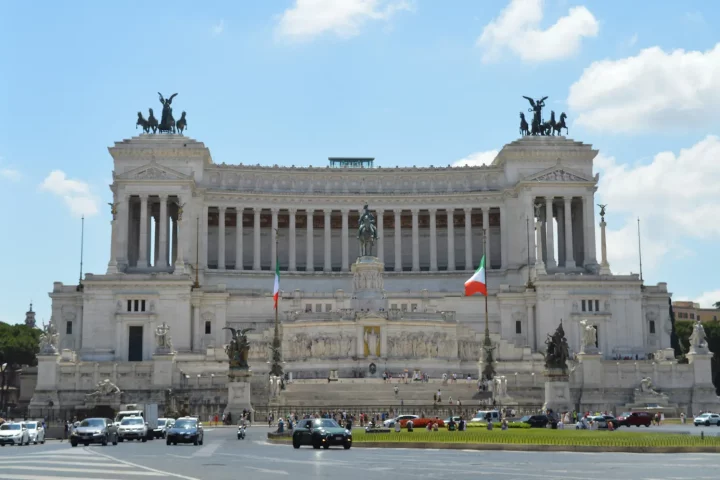On March 28, 2025, the Italian government enacted a decree introducing significant changes to the process of obtaining Italian citizenship. This new Italian citizenship law legislation imposes stricter eligibility requirements and fundamentally alters the application procedures for individuals claiming citizenship through jus sanguinis (right of blood).
Modifications to Jus Sanguinis eligibility
Historically, Italian nationality law has followed the principle of jus sanguinis, allowing individuals to claim citizenship based on Italian ancestry regardless of the number of generations removed. The new law limits eligibility to individuals whose parents or grandparents were born in Italy. Descendants beyond this generational scope are no longer eligible unless they applied before the cutoff date.
Italy had demonstrated its inclination on November 27, 2024, when Judge Marco Gattuso of the Ordinary Court of Bologna raised a constitutional legitimacy issue regarding the citizenship recognition process. His argument posits that citizenship should not be granted solely based on lineage, particularly for individuals lacking cultural, linguistic, or territorial ties to Italy. Legal experts anticipate challenges to the decree’s validity, with potential appeals to the Constitutional Court for judicial review.
Legislative review and parliamentary evaluation
The Italian Parliament has a 60-day period following the decree’s enactment to review its legitimacy and determine whether it should be modified, upheld, or rejected. Given the parliamentary majority’s alignment with the executive branch, initial expectations suggested approval, but growing opposition has introduced uncertainty into the decision-making process.
If opposition gains momentum, amendments may be proposed to reinstate broader eligibility or introduce additional cultural requirements. If the decree remains unchanged, affected applicants will likely pursue legal avenues to challenge its constitutionality.
Implications for citizenship applicants
The law affects different groups of applicants in varying ways, depending on their application status as of the decree’s enactment.
- Applications submitted before March 28, 2025, remain valid under prior regulations.
- Individuals who initiated their documentation process but failed to file their application before the deadline will face ineligibility.
The citizenship decree of March 28, 2025, marks a significant departure from previous jus sanguinis policies, restricting eligibility to individuals with parental or grandparental lineage born in Italy. The law retroactively removes citizenship rights from individuals who failed to apply before the deadline, raising concerns regarding judicial security and constitutional compliance.
Parliamentary review within the 60-day evaluation period will determine whether modifications will be made or if the decree will be upheld in its entirety. If the law remains unchanged, constitutional challenges are expected, with legal precedent likely to influence future rulings.
Citizenship applicants should remain informed about legislative developments and judicial rulings, as future decisions will shape the long-term application process for Italian nationality recognition.






